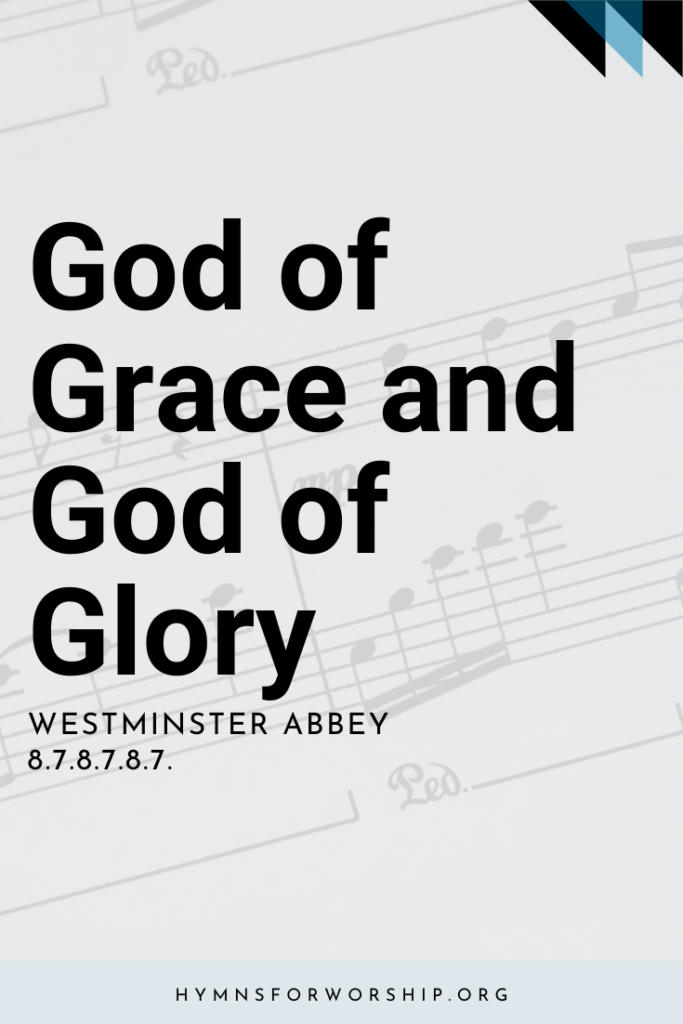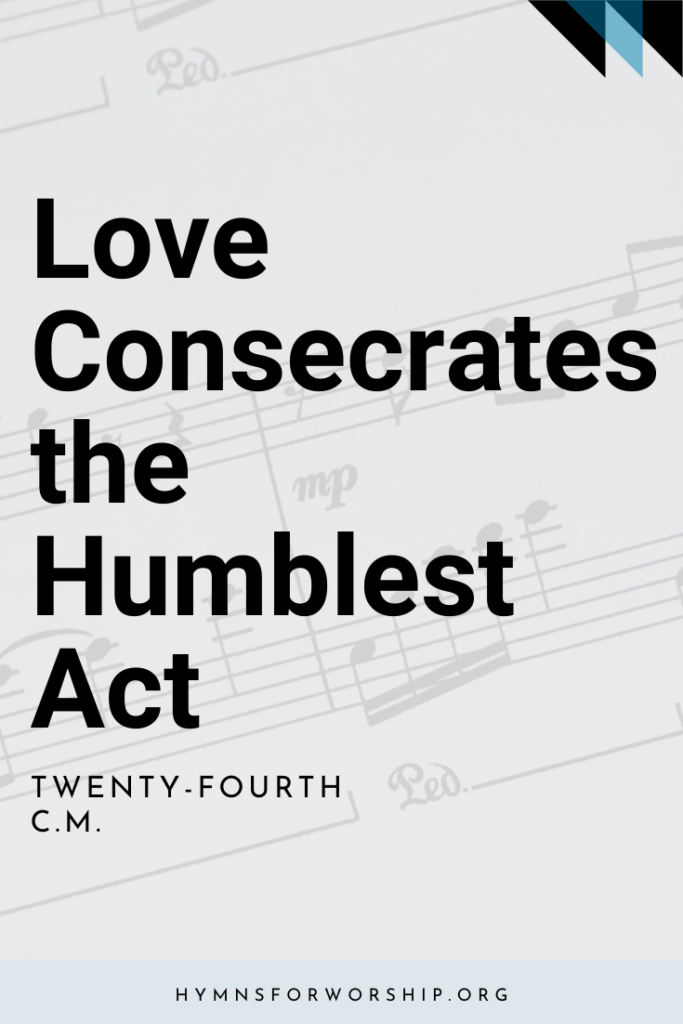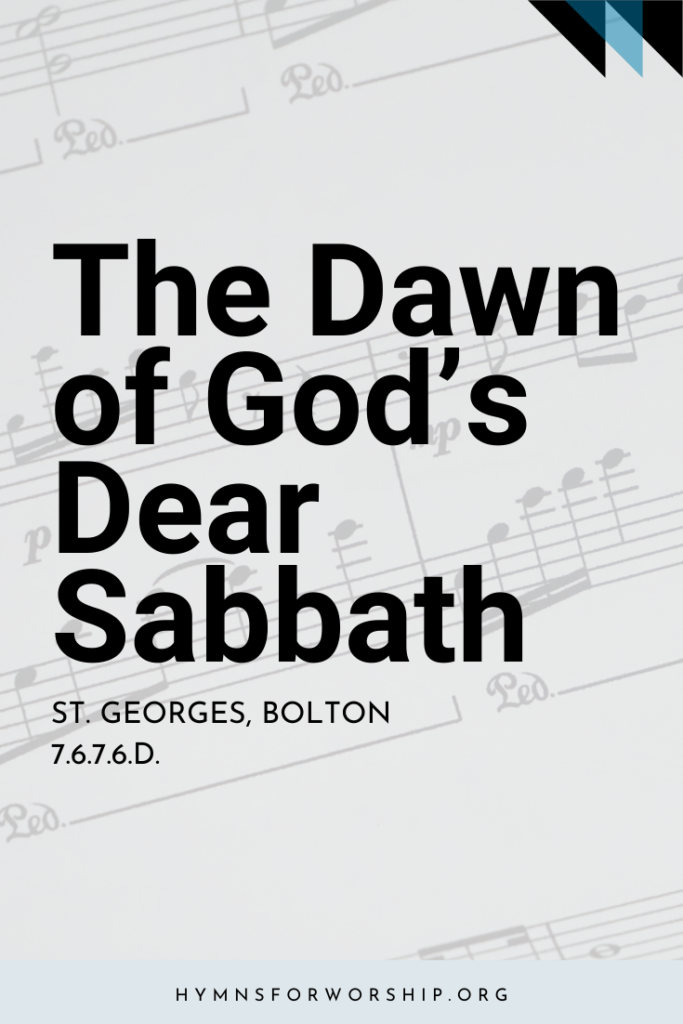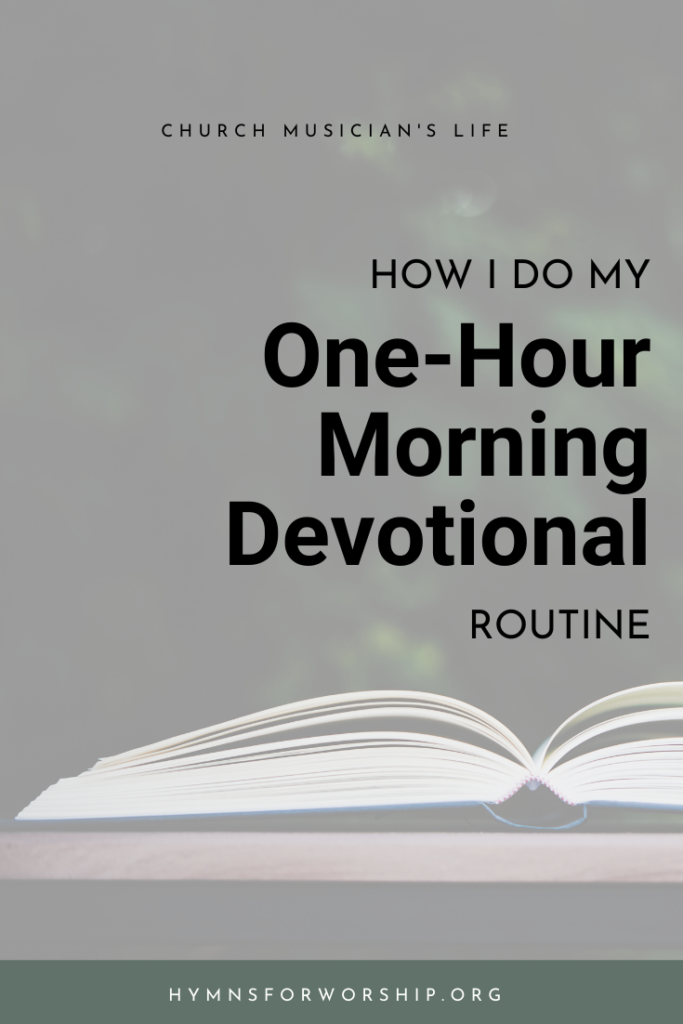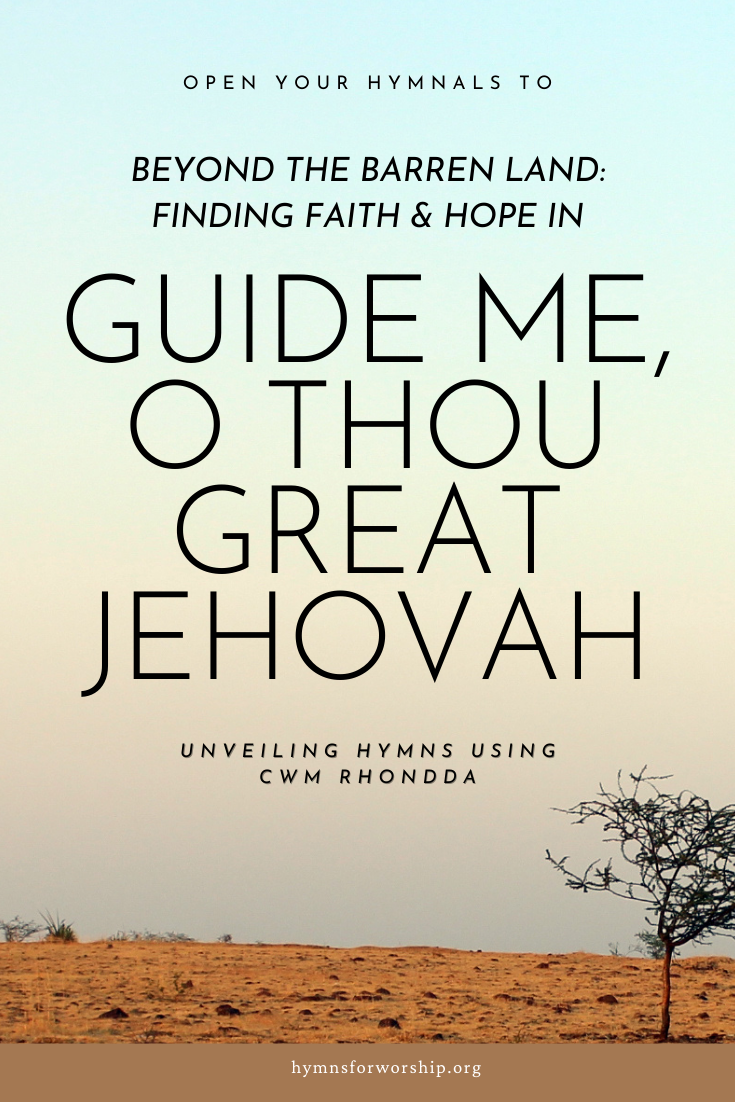
Few hymns evoke such immediate devotion and raw emotion as “Guide me, O Thou Great Jehovah.” Its poignant lyrics, resonating with both vulnerability and unwavering faith, have resonated across centuries and continents. But the journey of this beloved hymn, much like the pilgrimage it describes, is a fascinating story of personal struggles, divine inspiration, and the enduring power of shared spiritual expression.
William Williams (1717-1791): Pilgrim Through Trials
Heralded as Wales’ premier hymn writer, William Williams carved his name in the heart of Welsh culture not just with hymns, but with a broader legacy as a poet, prose writer, and pioneer of a new literary style. Though born into a farming family, Williams’ life intertwined with the Methodist revival, shaping his path from aspiring doctor to converted preacher and prolific writer.
His journey began with early attempts at hymn writing, evident in the 1744 collection “Aleluia,” showcasing his nascent talent. Over time, his skills blossomed, culminating in the 1762 masterpiece “Caniadau y rhai sydd ar y Môr o Wydr,” where his full maturity as a hymn writer and poet shone through.

Williams stands apart as a unique voice. Unlike many hymn writers who remain aloof in theological pronouncements, Williams inhabits the perspective of the “convert,” the individual experiencing a constant renewal of faith amidst both its joys and tribulations. He never loses sight of the Crucifixion, of Christ’s redemptive act on Calvary, nor does he shy away from acknowledging his own sinfulness and unworthiness. This constant tension between elation and introspection, between soaring praise and humble self-awareness, imbues his hymns with a raw authenticity that resonates deeply with fellow pilgrims on the spiritual path. By blending the ecstatic with the earthy, Williams’ verses offer a tapestry of faith that is both profoundly personal and universally relatable.
Thomas Charles (1755–1814) of Bala said of him at the time:
He was one of the most gifted, respected and useful men of his age. His gift of poetry was naturally and abundantly given him by the Lord. … His hymns wrought a remarkable change in the religious aspect of Wales, and in public worship. Some verses in his hymns are like coals of fire, warming and firing every passion when sung.
A. Lloyd-Jones can say of William’s hymn-writing:
The hymns of William Williams are packed with theology and experience … William Williams was the greatest hymn-writer of them all. You get greatness, and bigness, and largeness in Isaac Watts; you get the experimental side wonderfully in Charles Wesley. But in William Williams you get both at the same time.
In 1745, during a particularly intense period of self-doubt, Williams experienced a profound spiritual awakening. Feeling lost and yearning for God’s guidance, he poured his emotions into “Guide Me, O Thou Great Jehovah,” which later became a beloved part of Christian worship worldwide.
In 1748, Williams married Mary Francis and they settled at Pantycelyn, his mother’s former home. Mary became a constant companion on his preaching journeys, even singing his hymns in inns to draw crowds and provide an opening for his sermons. Between 1756 and 1779, Williams embarked on a prolific writing campaign, aiming to solidify the theological foundations of Welsh Calvinistic Methodism. This period saw the birth of his renowned work, “The Crocodile of Egypt’s River Seen on Mount Zion,” a decisive rebuttal of Sandemanianism. Even in his later years, his dedication remained unwavering, continuing to preach and travel extensively.
Guide Me, O Thou Great Jehovah
“Guide me, O thou great Jehovah” was originally written in Welsh and published in 1745. It was entitled in Welsh, “A Prayer for strength to go through the Wilderness of the World” and had five stanzas. In 1771, a Peter Williams of Carmarthen translated into English stanzas 1, 3, and 5 of this Welsh version. The following year, when Selina Hastings and George Whitefield requested a hymnal, Williams used Peter Williams’ translation of the first stanza. He then made his own translation of stanzas 3 and 4 of the Welsh version, considerably revising them, and added a fourth stanza not in the Welsh version.
Guide me, O thou great Jehovah,
pilgrim through this barren land.
I am weak, but thou art mighty;
hold me with thy powerful hand.
Bread of heaven, bread of heaven,
feed me till I want no more;
feed me till I want no more.
The substitution of ‘Redeemer’ for ‘Jehovah’ in the opening line of some hymnals weakens the hymn’s impact, diminishing both its historical connection to the Old Testament and the majestic tone established by the original.
Modern readers might misinterpret Williams’ use of “want” in the final line due to its evolved meaning. When he wrote “till I want no more,” he wasn’t expressing a lack of desire, but a state of fulfilled need. He envisioned being fed until his soul’s hunger was completely satisfied, leading to the alteration in certain hymnals to “Feed me now and evermore.”
When I tread the verge of Jordan,
bid my anxious fears subside;
death of death and hell’s destruction,
land me safe on Canaan’s side.
Songs of praises, songs of praises,
I will ever give to thee;
I will ever give to thee.
Williams’ poetry grapples with the fear of death, a significant concern in his era. With an average lifespan of 27 during his time, death was a prevalent reality, and even experienced preachers like George Whitefield were not immune to anxieties. Williams himself, even in his later years, sought comfort and fortitude to face the inevitable. This context underscores the poignancy of his verses and reveals their enduring relevance, reminding us of the human anxieties surrounding mortality and the ongoing human quest for faith and courage in the face of the unknown.
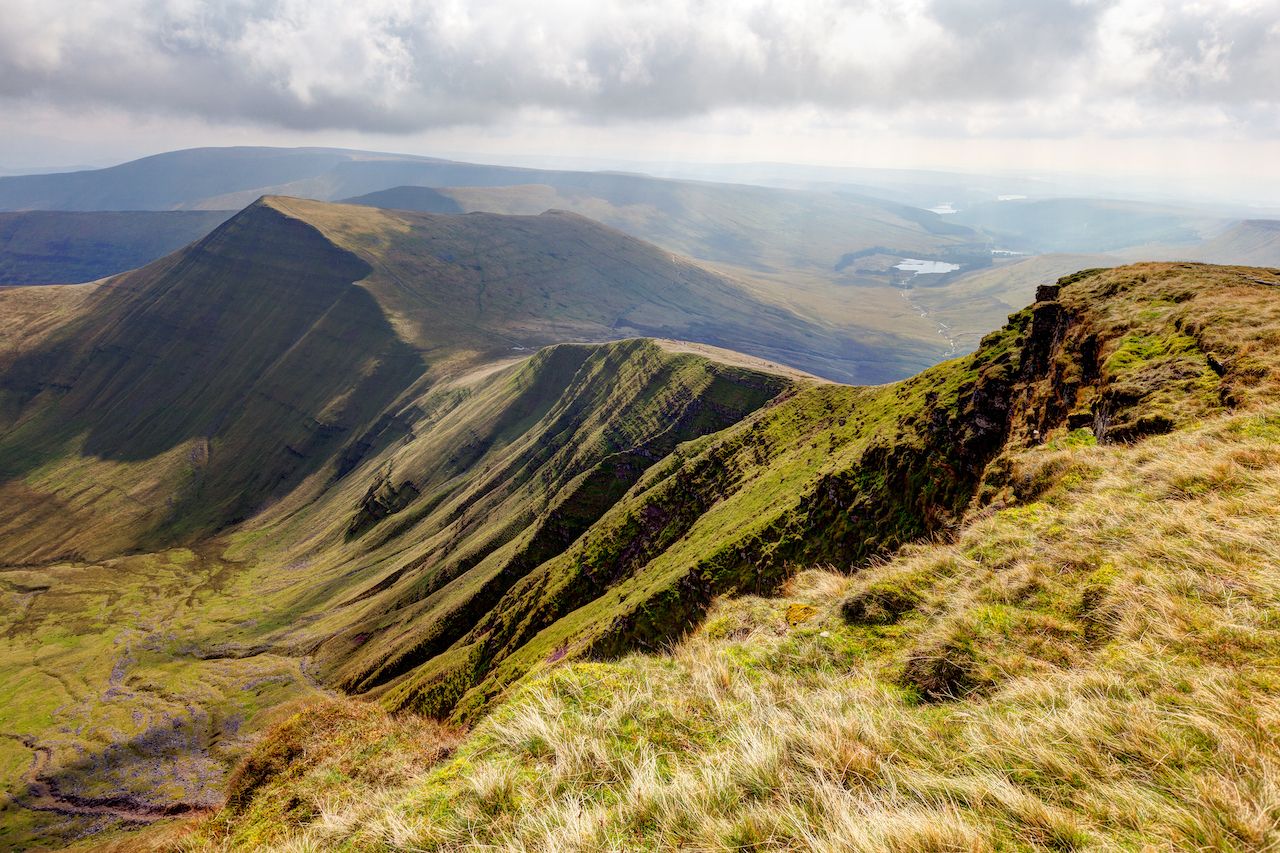
A dominant theme in this hymn and in many of Williams’ hymns is that of pilgrimage. Numerous earlier Christian sources likely influenced him in this depiction of life. John Bunyan’s Pilgrim’s Progress is often cited as a major inspiration, shaping his vision of a journey fraught with challenges and triumphs. However, the primary influence on this theme stemmed directly from Scripture.
Biblical narratives like the expulsion from Eden, Abram’s call to leave Ur, and the Israelites’ exodus from Egypt all resonate with the idea of a perilous yet purposeful journey. Even the New Testament’s book of Hebrews emphasizes this metaphor, depicting the Christian life as a pilgrimage towards a heavenly destination.
Beyond Scripture, the very landscape of Wales further fueled Williams’ imagery. The rugged mountains, harsh coastline, and unpredictable weather mirrored the difficulties and uncertainties inherent in the Christian pilgrimage. He himself experienced this firsthand, as evidenced by a letter in which he describes abandoning a planned journey due to the “cold, high wind, and severe frost.”
Unpacking the hymn’s Biblical references
Williams masterfully weaves threads from Exodus, the Old Testament book of deliverance, to paint a vivid picture of God’s guiding presence in our earthly wilderness. The barren land, the yearning for sustenance, the pillar of fire – these evocative images resonate across cultures and denominations, reminding us that God is with us on our journeys, whatever their landscapes may be. This universality is the hymn’s secret power. Every soul grappling with hardship finds solace in its affirmation: God provides, God redeems, and in the end, all shall be well. Written in the original Welsh language, below is the literal translation.
1
Arglwydd, arwain trwy’r anialwch
Fi bererin gwael ei wedd,
Nad oes ynwy’ nerth na bywyd
Fel yn gorwedd yn y bedd:
Hollalluog, hollalluog,
Ydyw’r Un a’m cwyd i’r lan.
2
Myfi grwydrais hir flynyddau,
Ac heb weled codi’r wawr;
Anobaithiais, heb dy allu,
Ddod o’r anial dir yn awr;
Dere dy hunan, dere dy hunan,
Dyna’r pryd y dof i maes.
3
Rho’r golofn dannos i’m harwain,
A’r golofn niwl y dydd;
Dal fi pan bwy’n teithio’r mannau
Geirwon yn fy ffordd y sydd:
Rho i mi fanna, rho i mi fanna,
Fel na bwyf i lwfwrhau.
4
Agor y ffynhonnau melys
Sydd yn tarddu o’r Graig i ma’s;
‘R hyd yr anial mawr canlyned
Afon iechydwriaeth gras:
Rho i mi hynny, rho i mi hynny,
Dim imi ond dy fwynhau.
5
Pan bwy’n myned trwy’r Iorddonen,
Angau creulon yn ei rym,
Ti est trwyddi gynt dy hunan,
Pam yr ofna’i bellach ddim?
Buddugoliaeth, buddugoliaeth,
Gwna imi waeddi yn y llif!
6
Mi ymddirieda’ yn dy allu,
Mawr yw’r gwaith a wnest erioed:
Ti gest angau, ti gest uffern,
Ti gest Satan dan dy droed:
Pen Calfaria, Pen Calfaria,
Nac aed hwnw byth o’m cof.
1
Lord, guide me through the wilderness,
A pilgrim weak of aspect,
There is neither strength nor life in me,
As though lying in the grave,
Almighty,
It is Thou who shalt take me to that shore.
2
I wandered for long years,
And saw not the break of dawn;
I despaired, without Thy strength,
Ever to leave the desert land;
Do Thou grant,
The occasion to escape.
3
Give Thou a pillar of fire to lead me in the night,
And a pillar of mist in the day,
Hold me when I travel places
Which are rough on the way,
Give me manna,
Thus shall I not despair.
4
Open the sweet springs
Which gush forth from the rock,
All across the great wilderness
May a river of healing grace follow:
Give this to me
Not for me but for Thy sake.
5
When I go through Jordan –
Cruel death in its force –
Thou Thyself suffered this before,
Why shall I fear further?
Victory!
Let me cry out in the torrent.
6
I shall trust in Thy power,
Great is the work that Thou hast always done,
Thou conquered death, Thou conquered hell,
Thou hast crushed Satan beneath Thy feet,
Hill of Calvary,
This shall never escape from my memory.
The above version of the original is taken from Gwaith Pantycelyn (The Works of Pantycelyn). All but the second verse is given, with minor variations, in the Welsh Hymnbook of the Calvinist and WesleyanMethodists, published by the assemblies of the two churches.
It is interesting to see the amalgamation of the text as it is translated to what we know today. Stanza 2 and 6 as shown above has been omitted, and the rest of the stanzas reworded to fit the rhythm of its’ partner hymn tune, CWM RHONDDA.
Learn the hymn
Printables, piano accompaniment, hymn text and other tidbits are all available in this site.

Let’s unpack the stanzas and see the Biblical allusions and literary devices Williams made in writing this hymn.

Stanza 1: Dependence on God
Biblical Allusion & References
Israelites’ wandering in the wilderness (Exodus)
🎵 “Pilgrim through this barren land”: Echoes Deuteronomy 8:2-3, describing the Israelites’ journey as a test of faith in a seemingly desolate environment.
🎵 “I am weak, but thou art mighty”: Reflects Psalm 78:14, reminding God of His power to provide even in the midst of hardship.
🎵 “Bread of heaven, bread of heaven”: Draws directly from Exodus 16:15, the Israelites’ astonished response upon seeing the miraculous manna provided by God.
Williams opens with an admission of vulnerability, a pilgrim in a “barren land” (metaphor for life’s hardships). They acknowledge their own weakness (“I am weak”) and seek God’s strength (“hold me with thy powerful hand”). The repeated plea “bread of heaven” (referencing Exodus and John) reflects a deep craving for spiritual nourishment and dependence on God’s sustenance.
literary devices
✍🏼 Metaphor: “barren land” signifying the hardships of life
✍🏼 Contrast: “I am weak” vs. “thou art mighty” emphasizes reliance on God
✍🏼 Repetition: “Bread of heaven” reinforces the desire for divine sustenance

Stanza 2: Divine Sustenance
Biblical allusion & references
Rock in the wilderness providing water (Exodus) & fire and cloudy pillar guidance (Exodus)
🎵 “Open now the crystal fountain”: Inspired by Exodus 17:6, Moses striking the rock to produce water for the thirsty Israelites.
🎵 “Let the fire and cloudy pillar”: A direct reference to Exodus 13:21, God’s visible guidance for the Israelites during their desert journey.
🎵 “Strong deliverer, be thou still my strength and shield”: Parallels Psalm 28:7, a plea for God’s constant protection and support.
Williams yearns for spiritual cleansing and clarity, symbolized by the “crystal fountain” and “healing stream” (similar to Moses striking the rock in Exodus). They request God’s continued guidance through the journey, referencing the fire and cloudy pillar that led the Israelites (allusion to Exodus). The repeated “Strong deliverer” highlights unwavering trust in God’s protection.
Literary Devices
✍🏼 Metaphor: “crystal fountain” representing God’s abundant grace
✍🏼 Symbolism: “fire and cloudy pillar” signifying divine guidance and protection
✍🏼 Repetition: “Strong deliverer” and “be thou still my strength and shield” emphasize ongoing dependence on God

Stanza 3: Overcoming Fear
Biblical allusion & references
Crossing the Jordan River into Canaan (Joshua)
🎵 “When I tread the verge of Jordan”: Evokes Joshua 3:14, describing the Israelites’ faith-filled crossing into the Promised Land.
🎵 “Bid my anxious fears subside”: Recalls Psalm 34:4, seeking God’s intervention to calm anxieties and provide peace.
🎵 “Death of death and hell’s destruction”: Echoes 1 Corinthians 15:54-55,proclaiming victory over death through faith in Jesus Christ.
🎵 “Land me safe on Canaan’s side”: References the fulfillment of God’s promises in Joshua 5:6, entering the land flowing with milk and honey.
Williams confronts the inevitability of death (“verge of Jordan,” symbol drawn from Joshua crossing the river). They plead for God’s presence to quell their anxieties, relying on God’s power to vanquish death (“death of death”) and grant safe passage to the “Canaan” of heaven. The repeated “Songs of praises” expresses unwavering faith and anticipation of eternal gratitude.
Literary Devices
Personification: “bid my anxious fears subside” suggests God actively calming the speaker’s doubts
Paradox: “death of death” reflects faith in life beyond earthly mortality
Contrast: “barren land” vs. “Canaan’s side” highlights the contrast between hardship and ultimate fulfillment
Looking at the hymn from a bird’s eye view, we see that the hymn progresses from vulnerability (Stanza 1) to seeking sustenance (Stanza 2) to conquering fear and reaching the promised land (Stanza 3). Also, the repetition of “lead me,” “feed me,” and “be thou still” throughout the hymn reinforces the unwavering plea for God’s guidance, provision, and protection. The final line, “I will ever give to thee,” echoes the hymn’s overall theme of gratitude and devotion to God.
Finding a Sound Match
This beautiful hymn was first sung using the hymn tune CAPEL-Y-DDOL. This hymn tune, dating from the mid-19th century, is often described as sweet and flowing, but less emotionally stirring than CWM RHONDDA. Some felt it didn’t fully capture the yearning and powerful faith expressed in the hymn’s lyrics.
When John Hughes’ new composition was born in 1905, it offered a bolder and more emotionally resonant melody. The Ab major key, soaring tenor notes, and simple diatonic progressions resonated deeply with the themes of vulnerability, hope, and divine guidance in the hymn.
Over time, congregations at Cymanfa Ganu (song festivals) increasingly favored CWM RHONDDA’s dramatic and uplifting melody over CAPEL-Y-DDOL’s gentler approach. The emotional connection resonated with singers and audiences alike. Also it helped differentiate “Guide Me, O Thou Great Jehovah” from other hymns. Having a unique and memorable tune contributed to its popularity and spread beyond Wales.
The tune’s origin in the Rhondda Valley also added a sense of regional pride and cultural connection to the hymn for Welsh communities.
“Guide Me, O Thou Great Jehovah” is more than just a hymn; it’s a window into the human spirit’s quest for faith. From Williams’ personal struggles to Hughes’ evocative melody, the hymn’s journey reflects the power of music and words to bind us together in our shared journey towards the divine.
As long as pilgrims walk this earth, yearning for guidance and sustenance, this hymn will continue to offer solace and hope, reminding us that we are never truly alone.
Why this hymn is still relevant today
In a world that often feels chaotic and uncertain, “Guide Me O Thou Great Jehovah” offers a timeless message of hope and comfort. It reminds us that even when we feel lost or alone, we are never truly abandoned. God is always with us, walking beside us on our journey.
This hymn is a source of strength for people of all faiths and backgrounds. It has been sung by soldiers in wartime, by immigrants leaving their homes, and by people facing personal challenges.
I encourage you to take some time to listen to “Guide Me O Thou Great Jehovah” today. Reflect on the lyrics and let them speak to your own heart. If you are feeling lost or alone, remember that you are not alone. God is with you, guiding you every step of the way.
Here are some ways you can take action:
🧡 Share this hymn with someone who is struggling. Let them know that they are not alone and that God is with them.
🧡 Learn to sing the hymn yourself. There are many resources available online (such as Hymns for Worship!) and in your local community to help you learn.
🧡 Make “Guide Me O Thou Great Jehovah” a regular part of your prayer life. Let its words be a source of strength and comfort in your daily walk with God.
I believe that “Guide Me O Thou Great Jehovah” has the power to change lives. Let us share this beautiful hymn with the world and bring hope and comfort to those who need it most. Together, we can make sure that the message of this hymn continues to resonate for generations to come.
Reading RecommendationS:
Hawn, C.M. History of Hymns: “Guide Me, O Thou Great Jehovah”
Haykin, Michael. The Welsh Saints, 1714–1814: William Williams

